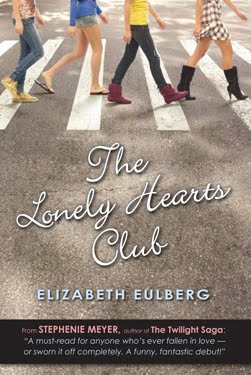At the dawn of the Roman Empire, when tyranny ruled, a daughter of Egypt and a son of Rome found each other...
Selene's parents are gone, her country has been taken from her and she has been brought to the city of Rome in chains, with only her twin brother, Alexander, to remind her of home and all she once had.
Paraded as captives and brought to live among the ruling family, Selene and her brother attend lessons, learning how to be Roman and where allegiances lie. Devoting herself to her artistic skill and training as an architect, she tries to make herself useful, in hope of staying alive and being allowed to return to Egypt. But before long, she is distracted by the young and handsome heir to the empire.
But all is not well in the city and when the elusive 'Red Eagle' starts calling for the end of slavery, causing riots and murder, and the Roman army goes to war, Selene and Alexander, the children of Mark Antony, Rome's lost son and greatest rival, find their lives in grave danger.
My review
Selene, only daughter of Mark Antony and Cleopatra, certainly had an interesting life but I came away from reading this book with the feeling that Moran didn't really focus on the most interesting part of it. The first couple of chapters deal with Cleopatra's suicide and the taking of her remaining children to Rome by Octavian, but following that, the story takes on an 'after the storm' feel and mainly deals with how Selene and her brother Alexander handle settling into day-to-day life in Rome.
I rather liked the Ancient Rome: The High School Years aspect, as Selene meets and befriends the famous children of the imperial family while they are all teens and pre-teens. If you've seen or read I, Claudius, then it's certainly cool to read about Octavian's daughter Julia, Octavia's son Marcellus and Livia's son Tiberius all hanging out, going to school together, shopping, playing and flirting.
What the book is probably best for is an introduction to life in Rome. It's a first person narrative; we see everything through Selene's eyes, so we get the same newcomers' tour she does and the intricacies of what it is to be Roman explained. It only occasionally feels like the Exposition Fairy has wandered onto the pages and even then, Ancient Rome is fascinating so I'm not gonna complain about learning more about it. I've noticed that new tellings of the Roman world have sought to accurately portray the evils of slavery (I'm thinking of TV's Rome and Spartacus) and Cleopatra's Daughter uses real-life cases from the time to paint a chilling portrait of just how much it freaking sucked to be a slave in Rome.
Moran's writing is good and the story runs pleasantly along, but it still felt like a long time before anything really happened, plot-wise. Sure, plenty of stuff is happening on the political scene in Rome, but Selene is not involved in it, so we only hear about these things second-hand. Mostly we stick with the kids as they study Homer and buy material for tunics. Selene was part of one of the greatest marriages in history and I would have definitely preferred more focus on the build-up to that love story, but there's very little on it until the end.
I would also have preferred it if I'd liked Selene a little more, but after a while her sanctimonious attitude to the Romans really started to grate. I understand why she'd be biased towards her parents and why she'd hate Octavian, but after the hundredth time she thinks some variation of "Egypt/My mum and dad rules! Rome/Octavian drools!" I was rolling my eyes and wishing she'd just get over it already. Yes, I lost all sympathy for the girl who lost her country and her entire family. I actually felt way more sympathy for Julia in this version of the story.
There were definitely things I enjoyed about this book, but overall I was underwhelmed. I'd recommend it to a reader who doesn't know much about the characters and the time period and wants a nice read that's an easy way in to the era.
Rating: 3.5 stars
Rating: 3.5 stars















